
Puppy Training by Age. A puppy's development starts the day he is born and will continue for the rest of his life. Training your puppy begins with carefully controlled contact and will cumulate with formal obedience training. A puppy's key development happens before he is 4 weeks old. Training should begin long before that.
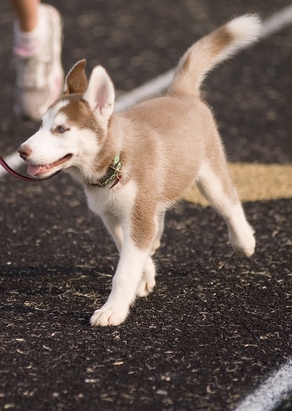
Puppies are born blind. However, they hear very well, smell well and welcome physical contact. Begin socializing your litter of puppies by picking them up, one-by-one, and very gently running your hands over the puppy's body. Quickly return the puppy to its mother and start again with another pup. This helps the puppy learn your scent and sound. It also accustoms the puppy to being handled.
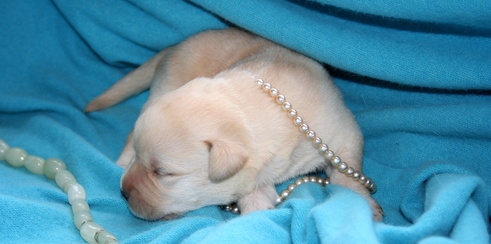
At 4 weeks old, your litter of puppies are active, playing and personable critters. Socialization should continue at this stage by exposing your pups to a variety of sounds. Play the radio, run the vacuum in the next room and allow them to watch TV. Continue picking up each puppy and handling their ears, tails, feet and mouth.
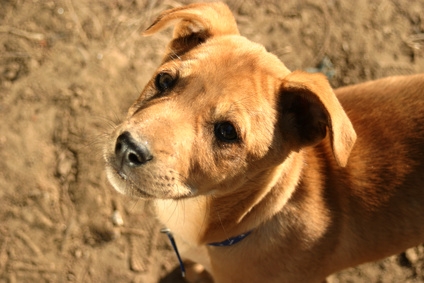
At 8 weeks, very light, positive obedience exercises can begin, along with house training. The puppies needs to be taken outdoors every couple of hours. Every puppy should be introduced to a collar and leash. Take one puppy at a time, and using kibble, lure them into "sit" and "down" positions. Don't add any commands. This teaches the pups that their handler gives all good things, such as time, love and food. This also accustoms them to carefully taking food out of someone's hand. Begin crate training. A puppy should never be left in a crate longer than two hours at a time until she is 4 months old.
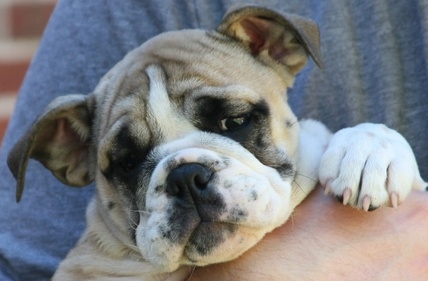
Your puppy can begin training for competitive obedience exercises. He has the capacity to learn like an adult dog, but his attention span is much shorter. Use positive training methods, such as clicker training, a behavioral method of using a clicker to let your puppy know when he doing the right thing. Continue handling your puppy and working on house training.
At 16 weeks, your puppy will have completed his vaccination series. He can now be exposed to other dogs, people and the great outdoors. Socialize him extensively in order to create a well-rounded dog. Your puppy's attention span is greatly increased, so your training sessions can be a much longer.
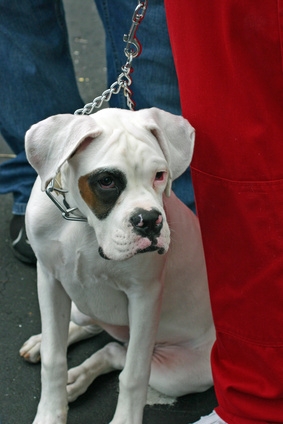
A 6-month-old puppy is actively teething. Ensure that you provide a variety of chew toys so that he doesn't chew on inappropriate articles. Nylabone and Kong make toys specifically for puppies. Your puppy should be fully obedience and house trained by this point.
At 1-year-old, your puppy is fully mature. He has an ability to hold a distraction-proofed 30-minute down-stay, to compete in canine sports and be a well-rounded pet. Training will continue for the rest of his life.
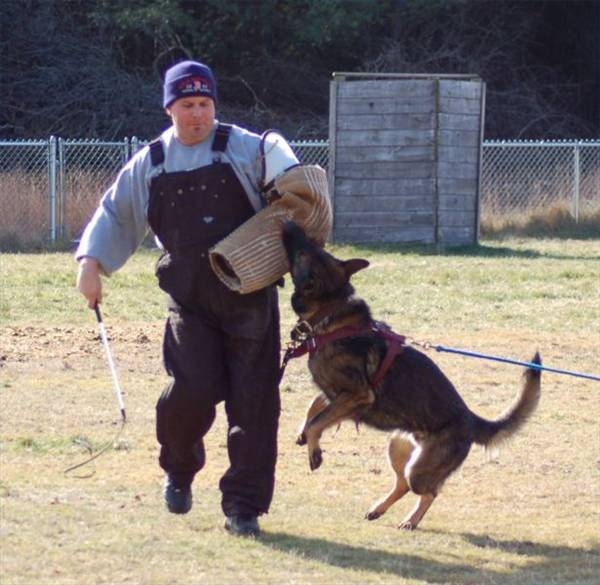 Police Dog Training Techniques
Police Dog Training Techniques
Police
Police Dog Training Techniques
Police Dog Training Techniques
Police
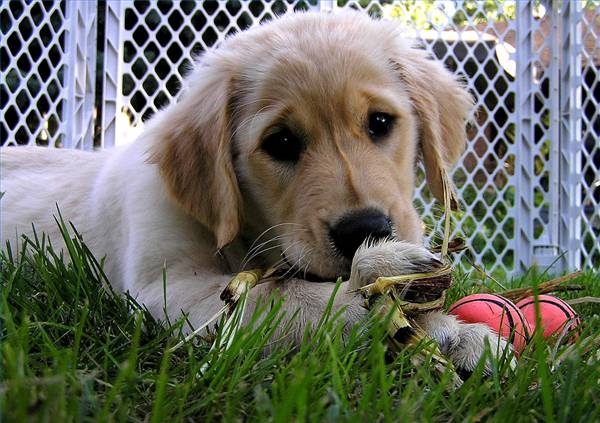 When to Start Training a Puppy
When to Start Training a Puppy
When to
When to Start Training a Puppy
When to Start Training a Puppy
When to
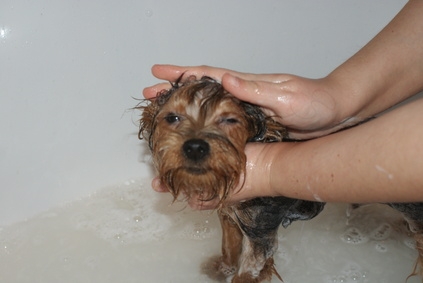 Dog Grooming Training
Dog Grooming Training
Dog Grooming Tra
Dog Grooming Training
Dog Grooming Training
Dog Grooming Tra
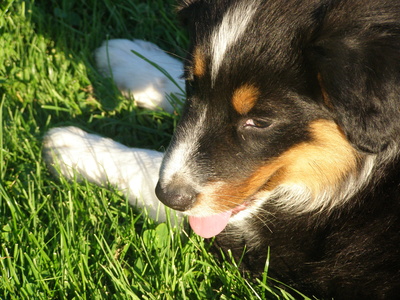 Indoor Grass & Sod for Potty Training Puppies
Indoor Grass & Sod for Potty Training Pupp
Indoor Grass & Sod for Potty Training Puppies
Indoor Grass & Sod for Potty Training Pupp
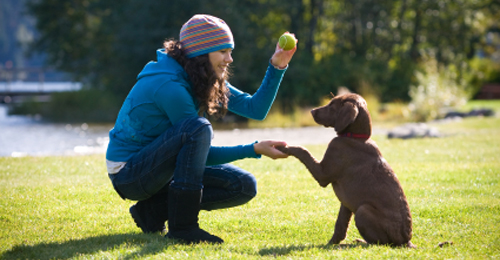 Secrets To German Shepherd Coaching
Keep the courses sessions short but often. When things lose
Secrets To German Shepherd Coaching
Keep the courses sessions short but often. When things lose
Copyright © 2005-2016 Pet Information All Rights Reserved
Contact us: www162date@outlook.com